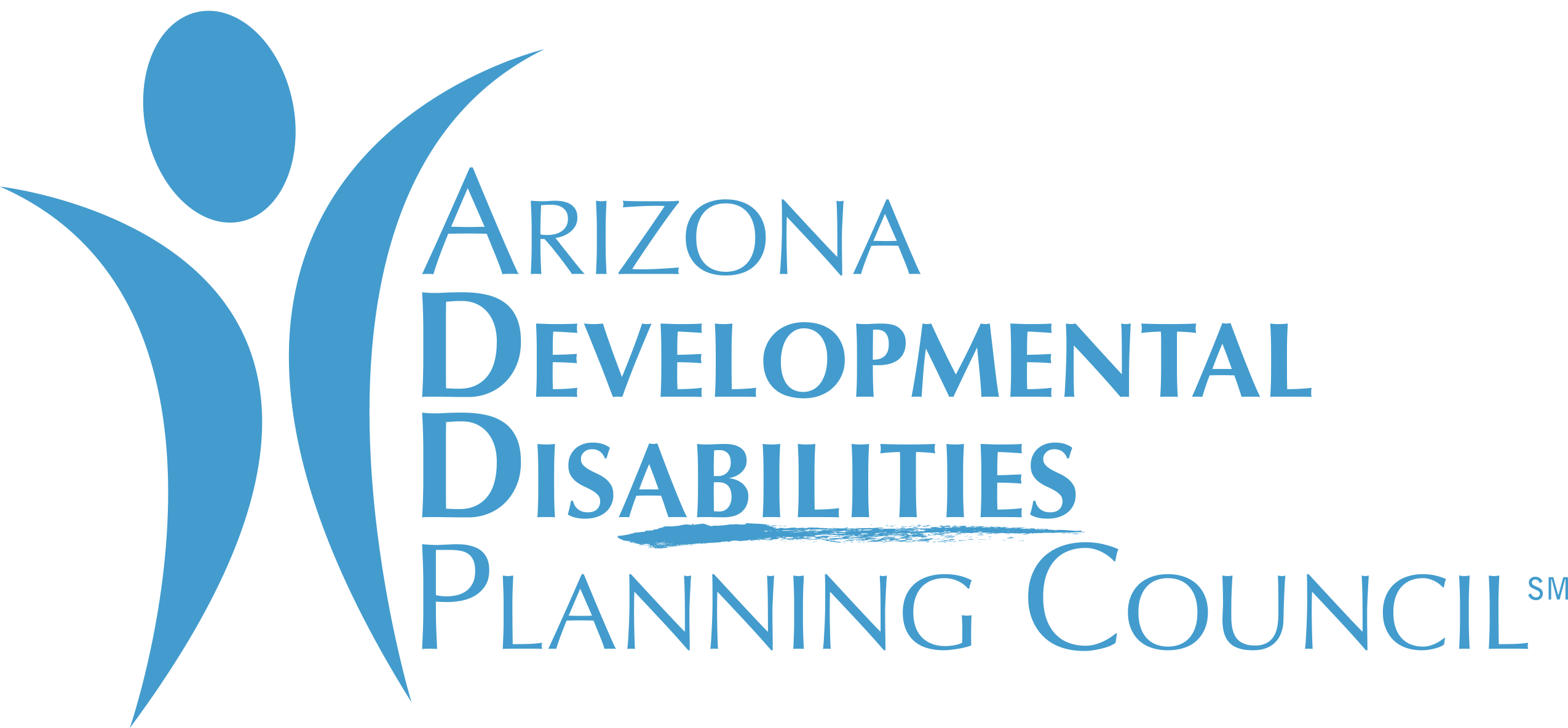POLICY PERSPECTIVE - JUNE 2024 LEGISLATIVE AND POLICY UPDATE

If you love harvesting eggs from your own chickens or enjoy air travel with a disability, you are going to love this edition of Policy Perspective.
Governor Katie Hobbs recently signed into law HB 2325 which prevents any city in the state from making an ordinance preventing single-family homes from keeping their own backyard chickens (the City of Phoenix already allows backyard chickens). Plus, a new law signed by President Joe Biden this month requires airlines to provide better assistance to travelers with disabilities.
If you’re keeping score, the Arizona Legislature has now been in session for more than 147 days. During that time, Gov. Hobbs has signed more than 200 bills and vetoed more than 50.
Possible Improvement to Housing Options
One of those Gov. Hobbs signed into law is HB 2720, a bill that allows for additional Accessory Dwelling Units (ADUs) to be built on a single lot of land. This could be beneficial for the disability community as it could allow individuals the option to have their own private space but also remain close to much-needed supports.
What’s an ADU? An ADU is a self-contained living unit on the same lot or parcel as a single-family dwelling of greater square footage than the ADU, including its own sleeping and sanitation facilities and that may include kitchen facilities.
Increased Requirements for Peer Support Specialists
Governor Hobbs also signed into law SB 1609. This bill minimizes duplicative paperwork requirements for companies receiving personal information of Arizona Health Care Cost Containment System (AHCCCS) members with serious mental illnesses receiving treatment. It prohibits financial gain from selling or sharing any member’s personal health information.
Adjustments to Fingerprint Requirements
Another bill Gov. Hobbs signed into law was HB 2243. It makes various changes to requirements when processing background checks, one of which allows a person who has applied for a position that requires a valid Fingerprint Clearance Card (FCC), and whose application is pending approval for a federal criminal records check, to be granted temporary work authorization by the relevant agency while the person's application is being processed, provided that all other relevant requirements are met. There are possible complications–how effective this method is will depend on how diligent the relevant agencies are in verifying the relevant requirements.
Good news update! Even though SB 1463 did not go all the way through, the discussions that took place have possibly brought about positive changes. One of the possible outcomes from the bill that disability advocates were hoping for was that it would allow students with disabilities more time in school to achieve their ultimate goals moving forward. The Arizona State Board of Education Board Accountability Technical Advisory Committee has promised that schools will now get full credit for students with disabilities who take more than four years to graduate from high school. This means schools will not be penalized for not graduating students in four years.
Federal Law Update
The Federal Aviation Administration Reauthorization Act signed by President Joe Biden on May 16 includes several rules to improve accessibility at airports and on airplanes.
Some changes include:
• Airline workers must be trained to assist passengers using wheelchairs.
• Airline websites, apps, and kiosks must be accessible.
• New rules ensure all passengers can evacuate quickly in emergencies.
• Passengers with disabilities can request seating accommodations.
• Airports must have at least one universal changing station in each terminal.
Remember, if you’re going to go get some chickens to put in your backyard, the new law says only female chickens are allowed, so hopefully no roosters will be crowing in the morning.
Have a great month!






